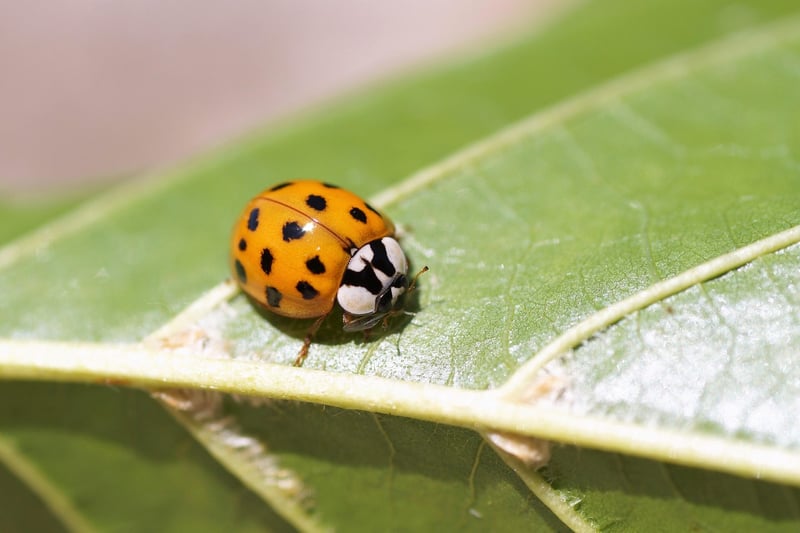Chemical Treatments
Managing Plant Pests: A Guide to Chemical Treatments
Plants can fall victim to various pests that threaten their health and growth. When natural remedies and preventive measures are not enough to control the infestation, chemical treatments can be a powerful tool to combat plant pests effectively.
Identifying Common Plant Pests
Before choosing a chemical treatment, it's crucial to identify the specific pest affecting your plants. Some common plant pests include:
- Aphids: Small, soft-bodied insects that feed on plant sap.
- Spider Mites: Tiny pests that suck plant juices, causing leaves to yellow and dry out.
- Caterpillars: Larvae of moths and butterflies that chew on leaves and stems.
- Whiteflies: Small, white insects that cluster on the undersides of leaves.
Choosing the Right Chemical Treatment
Once you have identified the pest, select a chemical treatment that targets that specific pest while being safe for your plants. Some common chemical treatments include:
- Insecticides: Designed to kill or repel insects like aphids, caterpillars, and whiteflies.
- Acaricides: Target spider mites and other mites that damage plants.
- Fungicides: Control fungal diseases that can harm plants.
Application Tips for Chemical Treatments
When using chemical treatments, follow these guidelines for effective and safe application:
- Read and follow the instructions on the product label carefully.
- Wear appropriate protective gear, such as gloves and a mask, when handling chemicals.
- Avoid spraying during windy conditions to prevent drift to unintended areas.
- Apply treatments in the early morning or late afternoon when temperatures are cooler.
- Repeat applications as needed, following the recommended intervals.
Consulting with Professionals
If you are unsure about which chemical treatment to use or how to apply it safely, consider consulting with a professional landscaper or agricultural expert. They can provide guidance tailored to your specific situation and help you effectively manage plant pests without causing harm to your plants or the environment.
Remember, while chemical treatments can be effective in controlling plant pests, it's essential to use them judiciously and as a last resort after trying natural and cultural methods of pest control.

By understanding the types of pests that can affect your plants and choosing the right chemical treatments when necessary, you can protect your garden from damage and ensure healthy growth for your beloved plants.
